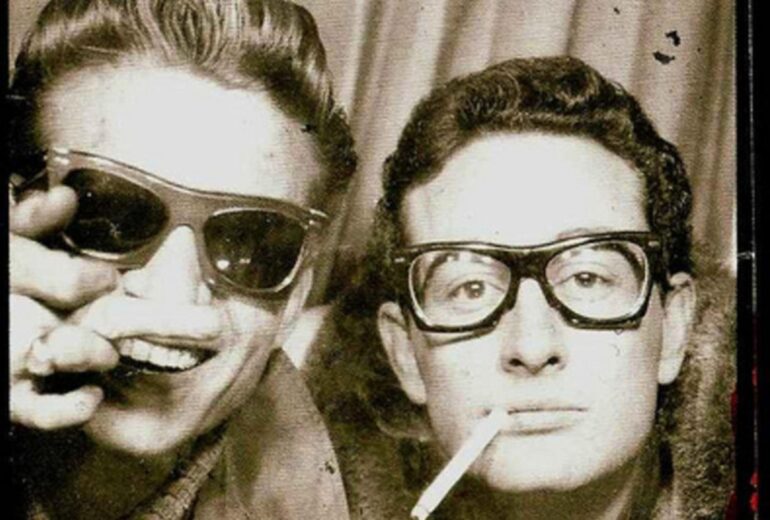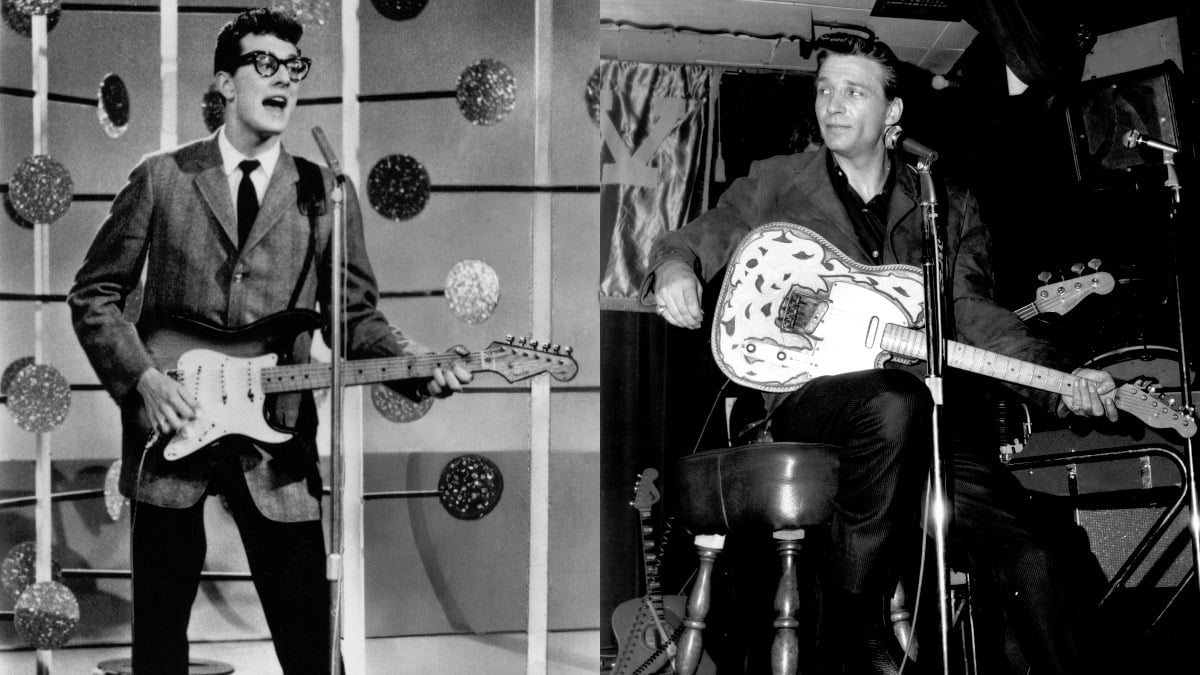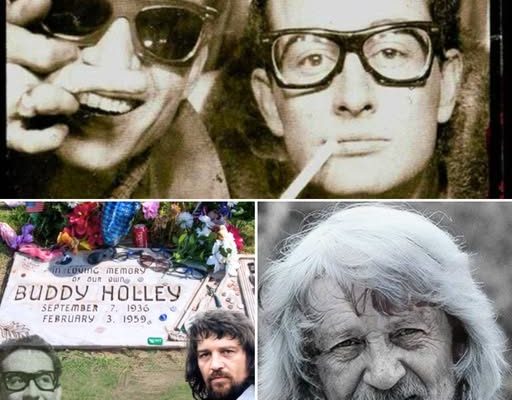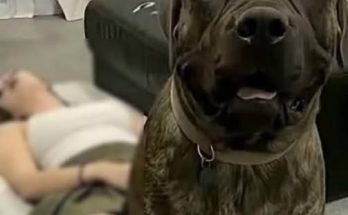
A Joke That Haunted a Lifetime: Waylon Jennings and ‘The Day the Music Died’
On February 3, 1959, a dark winter night in Iowa became one of the most tragic moments in music history. A small plane carrying three rising stars of rock and roll—Buddy Holly, Ritchie Valens, and J.P. “The Big Bopper” Richardson—crashed into a frozen cornfield near Clear Lake. The loss stunned a generation, and the date would forever be remembered as “The Day the Music Died.”
Amid the tragedy, one young musician survived—not because of fate alone, but because of a simple act of kindness that would haunt him for the rest of his life. That musician was 21-year-old Waylon Jennings.
A Seat Given Away
At the time, Jennings was thrilled to be playing bass for Buddy Holly on the grueling Winter Dance Party Tour. The conditions were harsh—long overnight rides on buses with broken heaters, bitter cold, and endless miles across the Midwest. After one particularly miserable stretch, Holly chartered a small plane to get the band to their next show in Moorhead, Minnesota.
When The Big Bopper, sick with the flu, begged for relief from another freezing bus ride, Jennings gave up his seat on the plane. It was a small, compassionate gesture—but it saved his life and placed him on a different path than his friends.
The Joke That Would Never Fade
Before parting ways that night, Jennings and Holly exchanged a lighthearted bit of banter. Holly teased him, saying, “Well, I hope your ol’ bus freezes up.” Jennings, in a joking reply, quipped back: “Well, I hope your ol’ plane crashes.”
Hours later, the plane went down. For decades afterward, Jennings carried the crushing weight of that offhand remark—words never meant to wound but forever etched into his memory with painful irony.

Turning Pain Into Legacy
Though Jennings rarely spoke of that night in detail, the experience profoundly shaped him. Rather than let grief consume him, he poured that survivor’s guilt and raw honesty into his music. In time, he became one of the trailblazers of the outlaw country movement—rejecting Nashville’s polished image for a grittier, more authentic sound.
His art reflected the hard edges of a man who had stared tragedy in the face and lived with the shadow of it ever since. The loss never left him, but it also gave his music an intensity and depth that resonated with millions.
Waylon Jennings’ story serves as a reminder of how a single choice can change everything, and how some of the most powerful music comes from carrying pain and turning it into something eternal. For him, the memory of “The Day the Music Died” was not only a burden—it was also a quiet tribute to the friends he lost and the second chance he was given.



